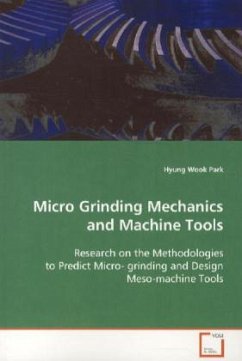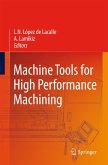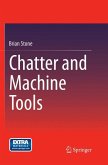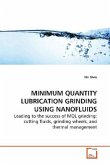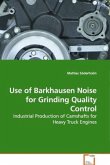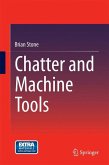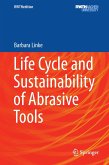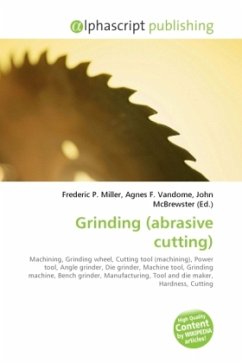In this book, the new predictive model for micro-
grinding was developed by consolidating mechanical
and thermal effects within the single grit
interaction model. The size effect of micro-
machining was also included in the proposed model.
In order to assess thermal effects, the heat
partition ratio was experimentally calibrated and
compared with the prediction of the Hahn model.
Then, on the basis of this predictive model, the
comparison between experimental data and analytical
predictions was conducted in view of the overall
micro-grinding forces. Although there are the
deviations of predicted micro-grinding forces at a
low depth of cut, these differences are reduced as
the depth of cut increase. On the other hand, the
optimization of micro machine tools was performed on
the basis of the proposed design strategy.
Individual mathematical modeling of key parameters
such as volumetric error, machine working space, and
static, thermal, and dynamic stiffness were
conducted and supplemented with experimental
analysis. These computations yield the optimal size
of miniaturized machine tools with the technical
information of other parameters.
grinding was developed by consolidating mechanical
and thermal effects within the single grit
interaction model. The size effect of micro-
machining was also included in the proposed model.
In order to assess thermal effects, the heat
partition ratio was experimentally calibrated and
compared with the prediction of the Hahn model.
Then, on the basis of this predictive model, the
comparison between experimental data and analytical
predictions was conducted in view of the overall
micro-grinding forces. Although there are the
deviations of predicted micro-grinding forces at a
low depth of cut, these differences are reduced as
the depth of cut increase. On the other hand, the
optimization of micro machine tools was performed on
the basis of the proposed design strategy.
Individual mathematical modeling of key parameters
such as volumetric error, machine working space, and
static, thermal, and dynamic stiffness were
conducted and supplemented with experimental
analysis. These computations yield the optimal size
of miniaturized machine tools with the technical
information of other parameters.

